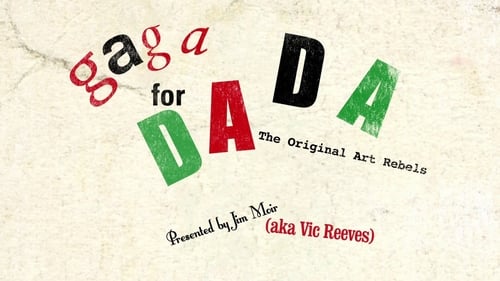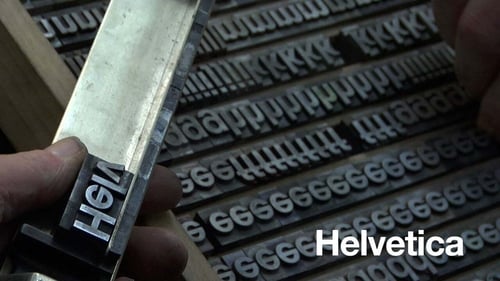
Himself
In 1919 an art school opened in Germany that would change the world forever. It was called the Bauhaus. A century later, its radical thinking still shapes our lives today. Bauhaus 100 is the story of Walter Gropius, architect and founder of the Bauhaus, and the teachers and students he gathered to form this influential school. Traumatised by his experiences during the Great War, and determined that technology should never again be used for destruction, Gropius decided to reinvent the way art and design were taught. At the Bauhaus, all the disciplines would come together to create the buildings of the future, and define a new way of living in the modern world.

Himself
To celebrate the 100th anniversary of the birth of the surreal art movement, comedian Jim Moir (a.k.a. Vic Reeves) presents this documentary exploring the history of Dadism and the lasting influence it has had on himself and others.

Self
This is the amazing story of how a group of reclusive Rhineland experimentalists became one of the most influential pop groups of all time - a celebration of the band featuring exclusive live tracks filmed at their Tate Modern shows in London (Feb 2013), interwoven with expert analysis, archive footage of the group, newsreel of the era and newly-shot cinematic evocations of their obsessions. With contributions from Derrick May, Holger Czukay, Francois Kevorkian, Neville Brody, Paul Morley, Peter Boettcher, Caroline Wood and more.

Himself
Helvetica is a feature-length independent film about typography, graphic design and global visual culture. It looks at the proliferation of one typeface (which will celebrate its 50th birthday in 2007) as part of a larger conversation about the way type affects our lives. The film is an exploration of urban spaces in major cities and the type that inhabits them, and a fluid discussion with renowned designers about their work, the creative process, and the choices and aesthetics behind their use of type.



